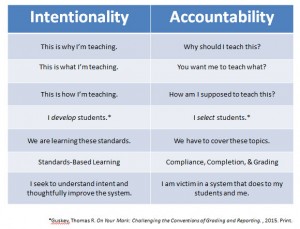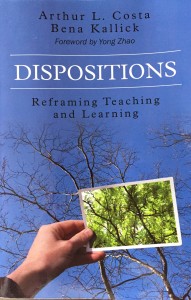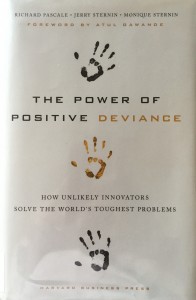Generally, I find deep learning occurs through questioning, when I pose content in the form of inquiry it encourages students to reflect on what they know and engage in sense-making of the questions. Sometimes though, we must provide specific evidence, direction, or make a concept explicit so more can be learned. This dawned on me as I’ve been pondering the differences of being intentional versus accountable. I’ve written before about the harm of mistaking responsibility for accountability…intentionality happens before those rich questions we create for learning. It is taking a stand for what we are doing, not in refute of anything that has come and gone or that offends our natural sensibilities. It is explaining our intention for our students and our work, specifically. Public educators are increasingly bound to measures of accountability. By this I mean, hoops to jump and bars to raise, frequently without resources to support these expectations. (Think high-stakes tests or teacher evaluation systems.)
As an educational leader, I believe in shifting our mindset from false and ever-changing “accountability” to thoughtful intentionality. This does not mean lowering expectations for students or ourselves. It also doesn’t mean railing against the broken system that won’t change anyway. It means understanding intent and separating chaff from grain to apply it in our buildings. It means controlling what we can and explaining in our contexts what we do, why we do it, and how we know it works…or if it doesn’t, what we learned about that! When we make these three statements about our work, we increase efficacy and shift our locus of control from external to internal. Doing this work collaboratively strengthens our confidence and reduces the emphasis we place on seemingly unrealistic expectations. Intentionality is not independence. For being intentional to make true impact, it requires interdependence to build collective understanding, purpose, and shared work so as not to re-invent wheels. Intentionality starts individually, but needs the group to strengthen intentional activities.
I’ve been playing with this chart to help me envision these subtle differences of intentionality and accountability in public education. What else does it need?





